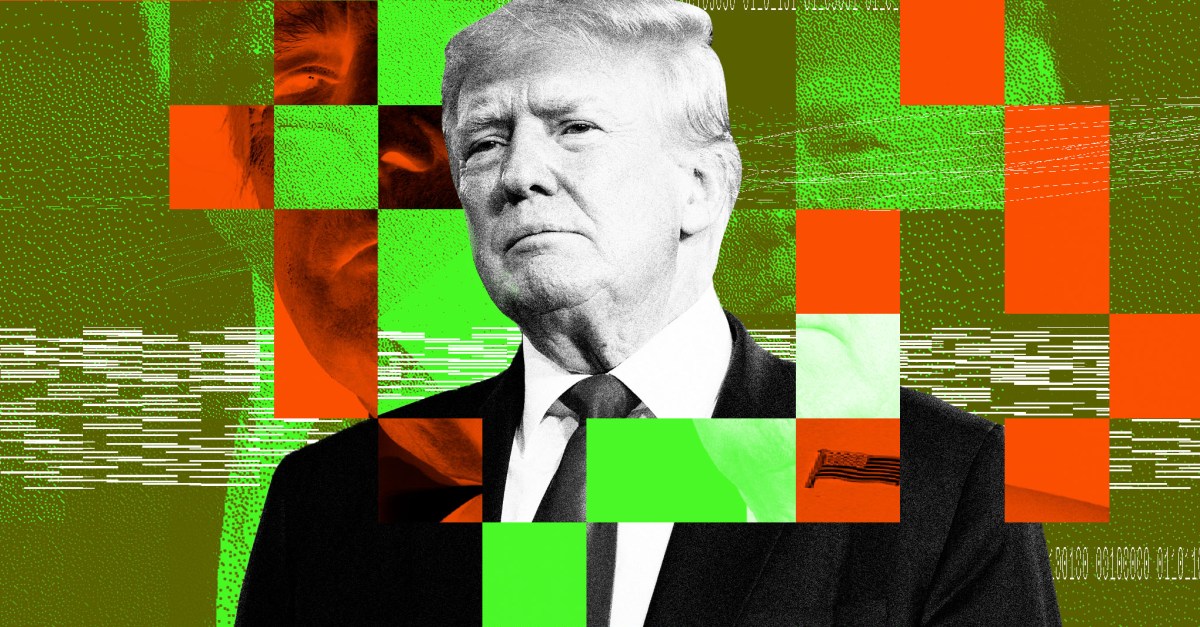The Metals Company, the U.S. Ocean Ocean Resources, and the Role of the International Seabed Authority in Mining on the Seafloor
At least one company has expressed interest in applying for a permit to mine the seafloor through the U.S. The Metals Company, a Canadian mining company, said this spring it would seek a permit from the Trump administration. At the end of the day, the company’s shares were up 44%.
There are no deep-sea mines in the world at the moment. But companies have long eyed the ocean floor as a potential source of metals like nickel, cobalt, manganese and copper, which are used in batteries for electric vehicles and other technologies.
The metal can be seen in potato-sized nodules on the ocean floor. Many of the nodules are in the middle of the Pacific ocean.
Those regions have traditionally been overseen by an international organization, the International Seabed Authority (ISA). For years the ISA has hosted talks to try to come up with a rulebook for the potential mining industry on the sea. The U.S. did not ratify the treaty that governs the seabed, and is not a voting member of the ISA, though in the past under previous administrations it has respected the ISA process.
Scientists and environmental groups condemned the order, arguing that opening the deep seabed for mining could disrupt important marine ecosystems, and damage the fishing industry.
The professor of ocean science at the University of Santa Barbara says that this plan is being planned on some of the least resistant parts of the planet. It would have dire consequences.
There are also important questions about whether we actually need to be mining the seabed to get enough of these minerals for technologies like batteries, says Micah Ziegler, assistant professor of energy and chemical systems at Georgia Institute of Technology.
Researchers were worried a couple of years ago about the limits of land-based mining for metals, but a variety of alternative battery chemistries have been developed that might reduce need for those elements.
Tim Currie: A New Scientist’s View of the United States Trade Agreement with the Metals Company, a U.S. Department of Energy and Environment
Duncan Currie is the legal adviser for the Deep Sea Coalition that supports a moratorium on deep sea mining in order to avoid setting a dangerous precedent and violating customary international law.
In March the Metals Company said they had already met with officials at the White House and planned to apply to the US for permits to begin mining from the high seas.
The Chinese foreign ministry spokesman told the BBC that Trump violated international law and harmed the interests of the international community.
is a senior science reporter covering energy and the environment with more than a decade of experience. She is also the host of Hell or High Water: When Disaster Hits Home , a podcast from Vox Media and Audible Originals.
